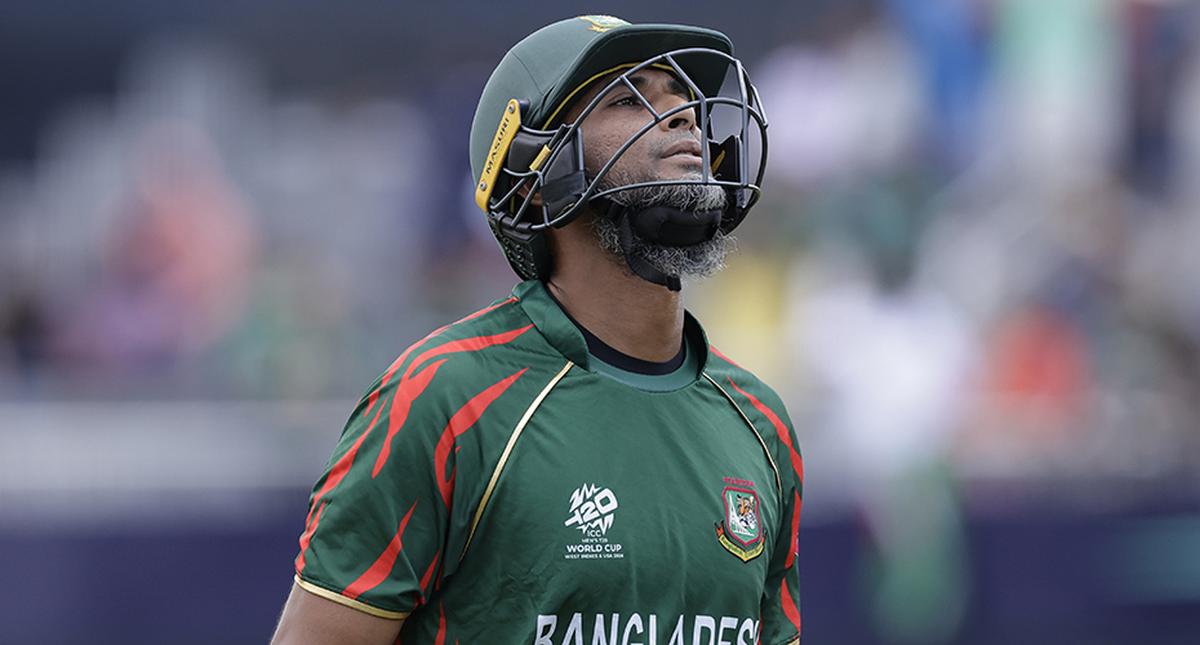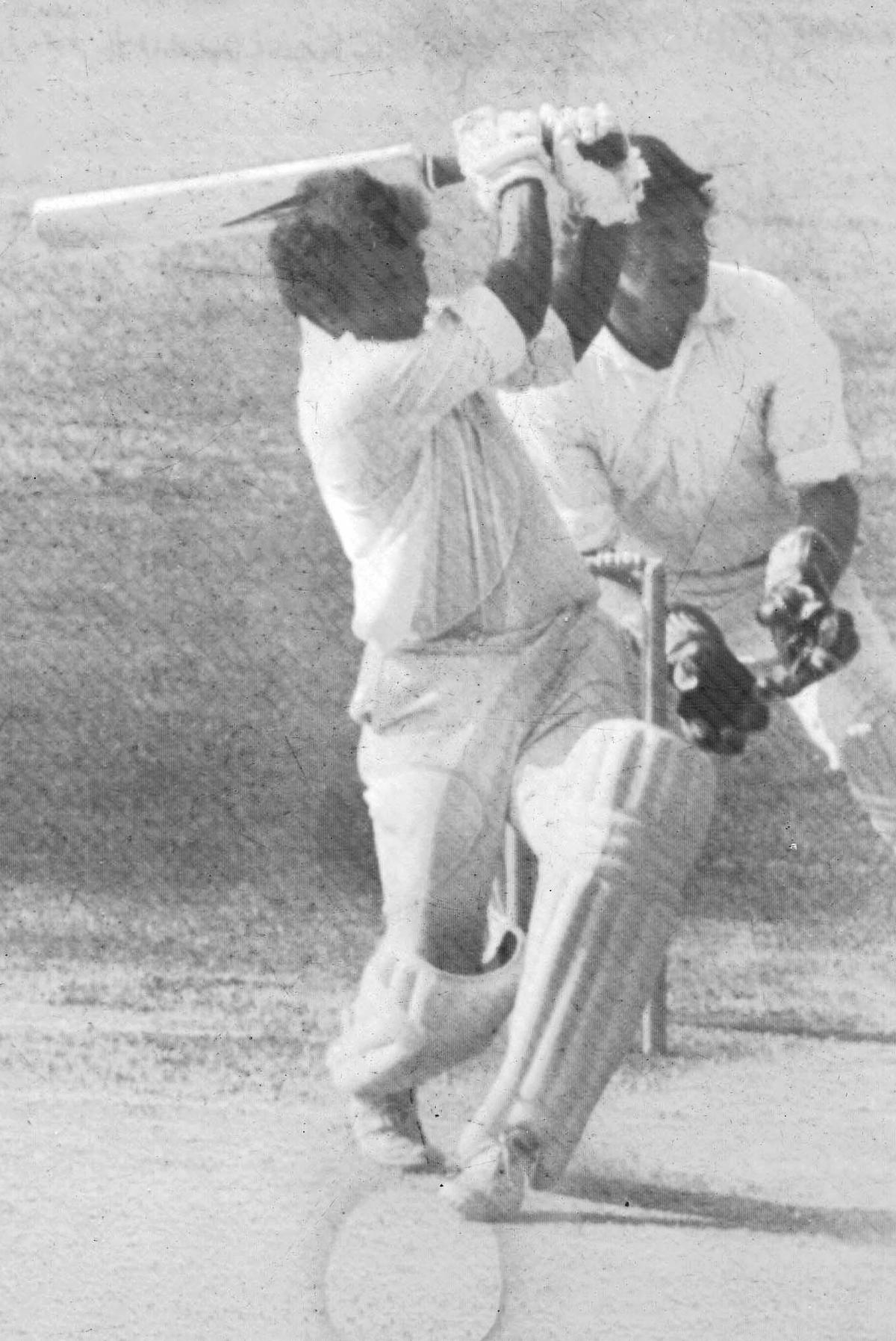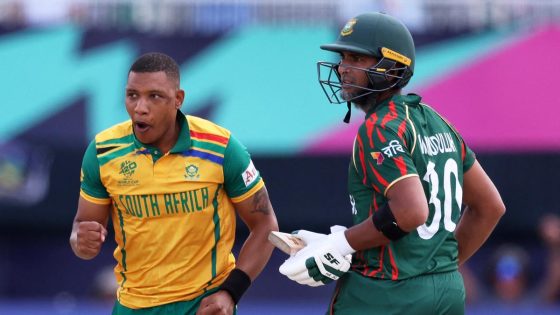The ICC men’s T20 World Cup has been of some ups and downs. While the ICC must be commended for bringing more Associate Member countries into the fold, it was clear that some were just not ready for the contests at this level.
Teams getting bowled out under 50 and that score being chased down in under four overs tells of the vast gulf in the standards between the Full Member and the Associate Member teams.
On the other hand, there is the story of USA, who not only beat the 2022 runners-up Pakistan but also gave India a tough time in their clash. The manner in which they chased down a near-200 score put up by Canada also showed that they were not fazed by the enormity of the event and had plenty of self-belief.
RELATED: A second coming for their second home in the T20 World Cup 2024
Yes, the USA side comprised mostly of expats from different parts of the world and not from those born in the USA, but that should not take anything away from their performance. They will be looking forward to the Super 8 part of the tournament where they get to play three other teams and show the world they are ready for sterner battles.
How can there be a World Cup and there isn’t a controversy? That’s the nature of any World Cup event in any sport. So, there was the debate about the dead ball given in the match between South Africa and Bangladesh. The Bangladeshi batter Mahmudullah was given out LBW and the ball went off his leg-guards for a boundary.

Mahmudullah Riyad reacts as he walks off the field after losing his wicket during the against South Africa in the ICC Men’s T20 World Cup match at the Nassau County International Cricket Stadium in New York.
| Photo Credit:
AP
Mahmudullah Riyad reacts as he walks off the field after losing his wicket during the against South Africa in the ICC Men’s T20 World Cup match at the Nassau County International Cricket Stadium in New York.
| Photo Credit:
AP
The batter asked for a review of the decision and the referral showed that he was not out, and the umpire thus had to reverse his earlier decision. However, since the batter was given out, the ball became dead and so while Mahumudullah survived, no leg byes were given to his team.
The debate, therefore, was whether the four leg byes should have been credited or not. Eventually, Bangladesh lost by just four runs, so the debate only got heated.
One must remember that as soon as the batter is given out the fielders relax and don’t bother about the ball so the boundary fielders who otherwise would have tried to stop the ball would have rushed to celebrate the wicket than chase the ball. So, the dead ball is the correct decision. If the margin of defeat wasn’t four runs, then it wouldn’t have mattered, but there you are.
Speaking of dead balls, I remember how when we were chasing the target of 438 set by England at The Oval in 1979 there were at least three occasions when a dead ball for not offering a stroke was called after we had taken three runs each time.

Gavaskar in action in the Test match between India and England at the Oval in 1979.
| Photo Credit:
The Hindu Archives
Gavaskar in action in the Test match between India and England at the Oval in 1979.
| Photo Credit:
The Hindu Archives
I inquired of the umpire why was he making us run, on a hot day too, when he could have called a dead ball straightaway.
He said because there was a chance of a run out. I countered by saying how could there be a dismissal if the ball was dead. He replied something to the effect that he doesn’t make the rules but simply applies them. All those leg byes should have been given because there was no last second attempt on my part to leave the ball, but the umpire chose to think there was and in the end we were short of the target by eight runs.
ALSO READ: T20 World Cup 2024: England and South Africa lock horns after contrasting wins in Super 8 openers
There were no reviews for any decision those days, but be that as it may, if dead ball starts to be part of the referrals for batters and the fielding side, the rhythm and flow of the game will be upset considerably.
I strongly believe that referrals should be only for dismissals given or not given. These have a huge impact on the result of the game and not reviews for wide balls or no balls. They only waste time and lengthen the game.
India will play Australia in their final game of the Super Eight and that could well decide who gets to the semifinals. In all the ICC events in recent times, India has played well but have slipped just when the trophy is within reach. It’s like a batter who has got into the nineties but can’t get to the coveted century mark. Will this time be different? Let’s pray that it will be so.
Source Agencies




